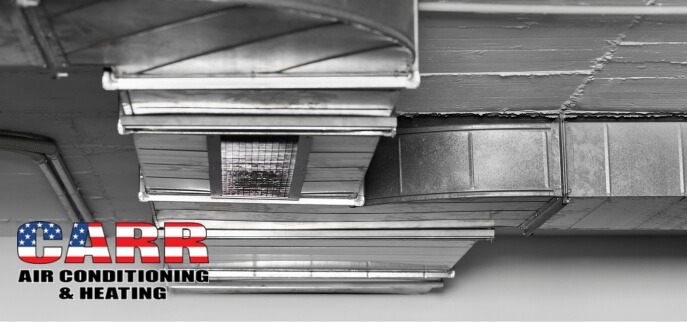How to manage AC leaks and water drainage issues.
As the temperatures rise, your trusty air conditioner becomes your greatest ally in maintaining a comfortable indoor environment. However, what do you do when your AC unit starts leaking water, turning your sanctuary into a potential water hazard?
Today, we’ll delve into the common causes of AC leaks, the importance of regular maintenance, and the steps you can take to address water drainage issues effectively.
Understanding the Problem
The phrase “AC leaking water” can be a cause for concern, but understanding the root causes is crucial. Air conditioners can develop leaks due to various issues, such as a clogged condensate drain line, a damaged drain pan, or even a refrigerant leak. These problems can compromise your AC’s efficiency and, if left unattended, may lead to more significant issues, necessitating costly repairs or even replacement.
AC Repairs and Maintenance
Regular AC maintenance is the key to preventing leaks and ensuring the smooth operation of your cooling system. It involves inspecting and cleaning various components, such as the evaporator coil, condensate drain line, and air filters.
One common culprit behind AC leaks is a frozen evaporator coil. When the evaporator coil freezes, it can cause water droplets to form on the coils. This can lead to an overflow, resulting in water leaking from your AC unit. Regularly checking and replacing a dirty air filter is a simple yet effective way to prevent the evaporator coil from freezing.
Additionally, air conditioning systems may experience water leaks due to a clogged condensate drain line. Over time, dirt, debris, and algae can accumulate in the drain line, causing blockages. This hinders the proper drainage of water, leading to potential leaks. Professional AC maintenance involves clearing these blockages, ensuring that the condensate drain line remains free-flowing.
Dealing with AC Leaks
If you find that your air conditioner is leaking water, it’s essential to take immediate action to prevent further damage. Begin by identifying the source of the leak. Check for a damaged drain pan, visible water around the unit, or signs of moisture on walls or ceilings. If you suspect a refrigerant leak, it’s crucial to contact a professional technician promptly.
In cases of water leaks, a wet-dry vacuum can be a handy tool to remove excess water around the AC unit. However, this is just a temporary solution. To address the root cause, it’s advisable to consult with an AC repair specialist who can diagnose the issue accurately and provide a lasting solution.
Preventing Future Issues
Preventing AC leaks and water drainage problems involves proactive measures. Regularly schedule AC maintenance to keep the system in top condition. This includes cleaning or replacing air filters, inspecting the condensate drain line, and ensuring the drain pan is intact. These simple steps can go a long way toward preventing potential leaks and extending the lifespan of your air conditioning unit.
Contact Carr AC for AC Leak Repairs
Dealing with AC leaks and water drainage issues is a crucial aspect of maintaining a comfortable indoor environment. Whether it’s addressing a frozen evaporator coil, clearing a clogged condensate drain line, or handling a refrigerant leak, understanding the causes and taking prompt action is essential.
Invest in regular AC maintenance to prevent these issues and ensure that your cooling system operates efficiently, providing cool relief without any unwanted water surprises. Remember, a well-maintained AC not only cools the warm air but also prevents potential headaches associated with leaks and water damage.

